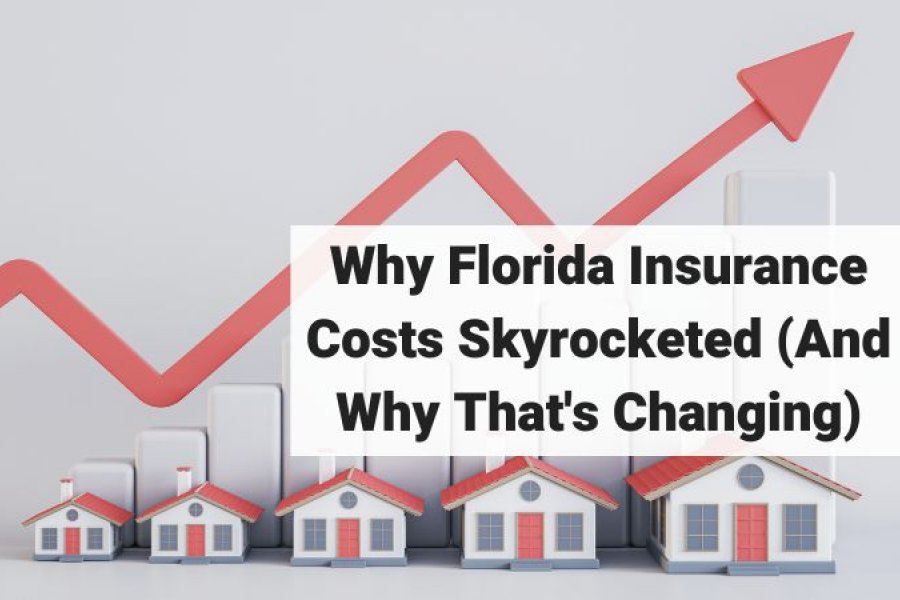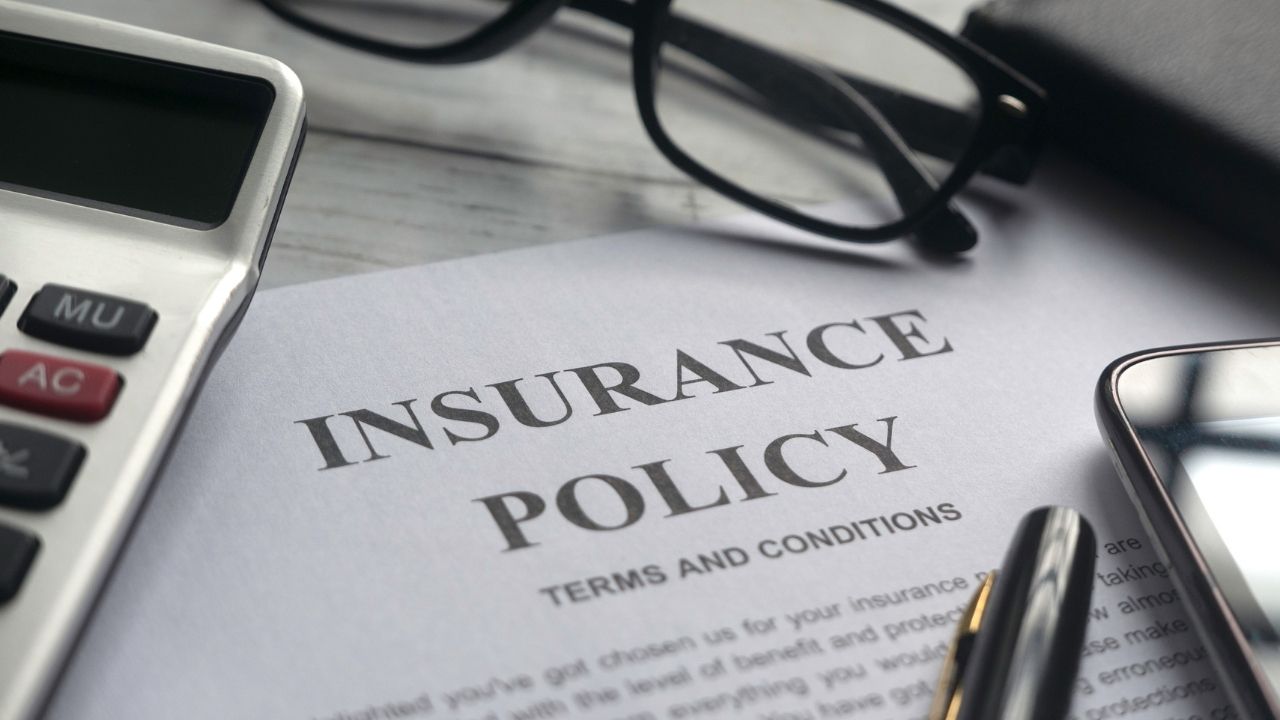
If you own rental property in Orlando—or anywhere in Florida, for that matter—you've probably felt the sting of rising insurance premiums. Since 2020, property insurance costs have skyrocketed, doubling or even tripling in some cases. For many landlords, just finding coverage has been a struggle. But after years of chaos, there are finally signs of hope.
In this article, we’ll break down why insurance rates spiked, what the state has done to address the crisis, and what you can do as a landlord to better protect your properties and your bottom line.
The Insurance Crisis in Florida: What Happened?
The first thing that comes to mind when people think about high insurance costs in Florida is the weather. And it’s true that Florida’s always been prone to hurricanes, tropical storms, and flooding. The stretch between 2020 and 2022 was especially rough, with several major storms causing widespread damage. Insurance companies paid out billions in claims, and some couldn’t survive the financial blow. As a result, many insurers pulled out of the Florida market or stopped writing new policies altogether.

But the real issue wasn’t just weather. It was lawsuits and fraud.
After every storm, especially the frequent summer thunderstorms in Florida, roofing contractors would go door to door offering "free roofs." Homeowners and landlords were asked to sign something called an Assignment of Benefits (AOB), handing over control of their insurance claim to the contractor. From there, inflated claims and legal battles followed.
If insurers pushed back even slightly, attorneys jumped in and filed lawsuits. At one point, Florida accounted for over 70% of all property insurance lawsuits in the U.S., despite having only 8–9% of the nation’s insurance claims. The legal abuse cost insurance companies billions and drove up costs for everyone, especially landlords who were just trying to play by the rules.
How Florida Responded
After years of inaction, the Florida legislature finally stepped in during late 2022 and throughout 2023. The state passed a series of major reforms aimed at stabilizing the insurance market. Some of the most important changes included:
Eliminating one-way attorney fees: Previously, policyholders could automatically recover attorney fees when suing insurance companies. This incentivized a flood of lawsuits, many of which were minor or questionable. Removing this provision helped reduce unnecessary litigation.
Restricting Assignment of Benefits (AOB): The state cracked down on contractors exploiting AOBs. This helped reduce inflated claims and legal manipulation.
Reforming Citizens Insurance: As Florida’s state-backed insurer of last resort, Citizens was restructured to ensure it wasn't overburdened.
Creating incentives for insurers to return: New policies and incentives were implemented to attract private insurers back to Florida.
These weren't just cosmetic tweaks. They were deep structural changes aimed at pulling Florida’s insurance market back from the brink.

Signs of Recovery in 2025
Fast-forward to today: it’s 2025, and the market is finally showing signs of improvement. More insurers are reentering the Florida market, premiums are beginning to stabilize, and in some cases, landlords are even seeing small reductions in their rates.
One key driver? Property condition and resilience. Insurers are offering better rates to landlords who invest in their properties. That includes:
- Replacing older roofs
- Installing hurricane straps
- Using impact-rated windows and doors
- Completing wind mitigation inspections
In some cases, the discounts from inspection credits alone are making a noticeable difference in premiums. It’s not just about having a policy anymore, it’s about proving your property can withstand the next storm.

What Florida Landlords Can Do Moving Forward
If you’re a landlord or real estate investor in Florida, here’s what you can do to protect yourself and possibly lower your insurance costs:
1. Shop Around
Loyalty to one insurer might have made sense in the past, but not anymore. With new companies entering the market, it pays to compare quotes. Don’t let your policy auto-renew without checking what else is out there.
2. Improve Property Conditions
Insurance companies are taking property condition more seriously than ever. Make upgrades that improve resilience—new roofs, storm-proof windows, and structural reinforcements can all result in lower premiums.
3. Work with a Florida-Based Insurance Broker
A knowledgeable local broker understands the complexities of Florida’s evolving insurance market. They can steer you toward stable, competitive insurers and help you navigate underwriting standards that vary from region to region.
4. Stay Proactive
This market is still in flux. Talk to your broker at least once a year, stay updated on legislative changes, and don’t hesitate to switch carriers if it benefits you.
Final Thoughts
There’s no sugar-coating it. The last few years have been tough. Watching insurance premiums climb while coverage options shrink has been frustrating for every Florida property owner. But thanks to meaningful reforms and a more stable market, things are finally turning around.
While premiums are still high compared to pre-2020 levels, the out-of-control increases have slowed, and landlords who invest in property improvements are being rewarded.
At State Property Management, we work with landlords across Florida, helping manage properties, coordinate maintenance, and provide peace of mind in an unpredictable market. If you're feeling overwhelmed, reach out. We're here to help make your life easier.
Looking to take the guesswork out of property management?
At State Property Management, we’ve been providing professional property management services for apartment communities, multi-family properties, and single-family homes throughout Central Florida since 2011. Whether you need help navigating insurance challenges, coordinating maintenance, or managing tenants, our experienced team is here to make your job as a landlord easier.
Reach out today to see how we can support your investment goals with expert, reliable service.